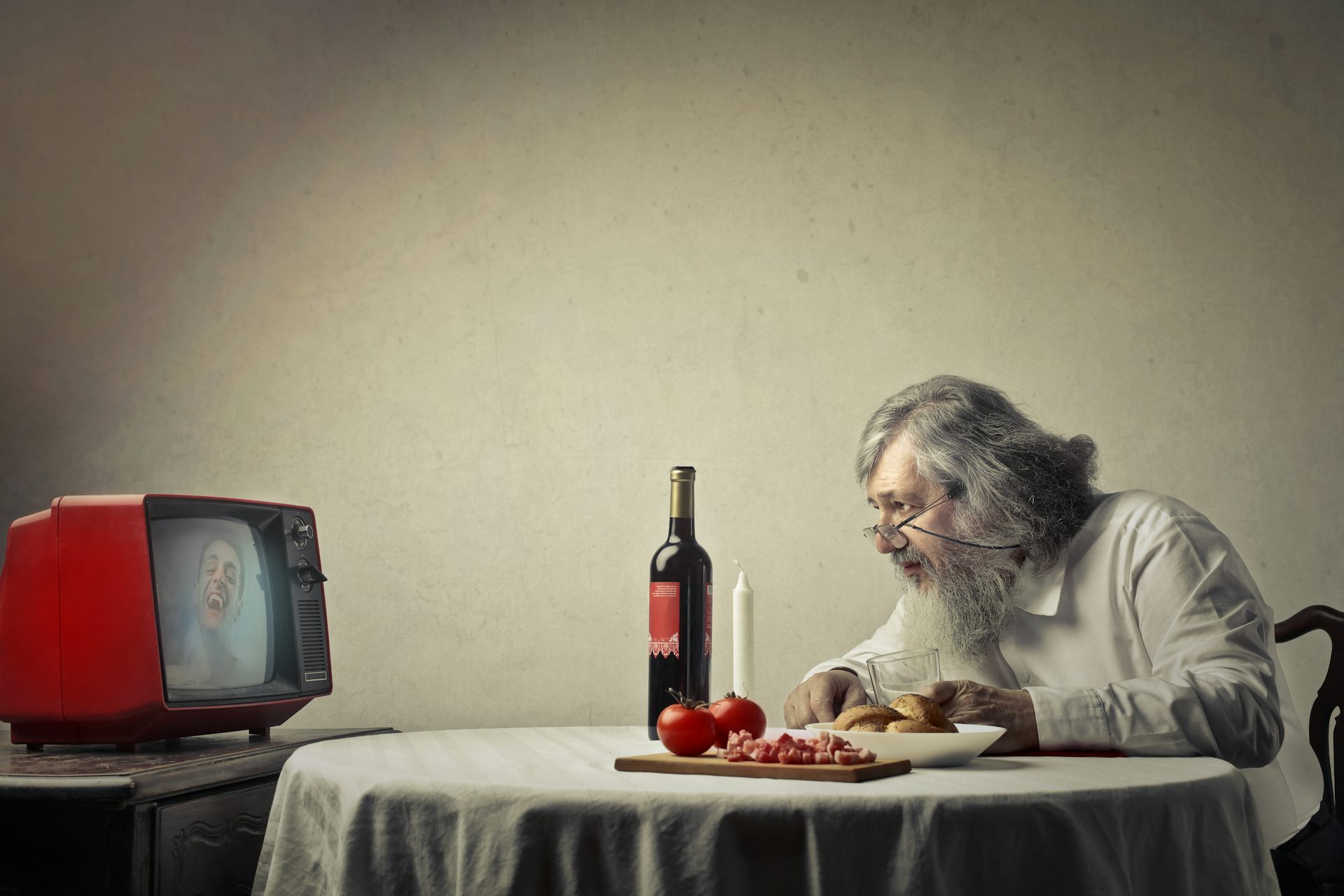
Who should pay for TV licences for the over 75s?
(MENAFN- The Conversation) Nobody wants to appear hard on pensioners, least of all politicians. And certainly not Conservative ones.
So it's not surprising that several of those vying to become the next prime minister havehappily denouncedthe BBC's decision to restrict free television licences only to over 75s receivingpension credit , a benefit available to retired people with limited resources.
In 2018 the BBC picked up almosta third of all television viewing in the UKand with the other terrestrial broadcasters – ITV, Channel 4 and Channel 5 –over two thirds of viewers . The two publicly owned services – Channel 4 and the BBC – managed 41% between them. But they all struggle on the resource front.
This is particularly the case with the BBC since the Conservative-led government elected in 2010 significantlyeroded the licence fee . George Osborne, then chancellor, required the corporation to pay the full cost ofS4C , the Welsh-language channel – until then funded mostly by the government and in the form of programming from the BBC. It also had to start funding theWorld Service(previously paid for by the Foreign Office) and to take responsibility for some other costs.
Playing politics with the Beeb
What is astonishing is the utterly spineless way in which the BBC's senior management and trusteesaccepted these changes without a fight . When Osborne told the BBC of his proposals, the trust could have demanded that the matter be taken to the House of Commons, since the changes were being made in the middle of a period for which the scope of the licence fee had already been agreed. If this was refused, the trust could have resigned collectively, making the question of how the BBC should be financed an extremely difficult issue for the government.
But that did not happen and the government concluded it was dealing with an organisation that was a pushover. So it was not surprising in 2016 when the chancellor told the BBC it would have to bear the cost of the free licences for over 75s,introducedby the Labour chancellor, Gordon Brown, in 2001, and financed directly by government. The corporation was handed a poisoned chalice in the power to abolish or limit the concession – the political calculation being that any resulting outrage would hit the BBC, not the government. Which is exactlywhat has happened .
When the BBC announced its decision at the beginning of May, a decision which will impact on programming, the prime minister's official spokesperson was quoted as expressing 'deep disappointment', indicating that the government had expected that free licences for all households with someone over 75would continue .
But it's hard to see how the BBC could have done that without a huge cut – three quarters of a billion pounds – in its annual budget, weakening its programme-making ability at a time of intense competition from Sky and online services Netflix and Amazon, which are all investing huge amounts of money. If the government really means what it is saying, then clearly it wishes the UK's major public service broadcaster to be diminished in power and influence.
BBC problems
But the corporation has done itself no favours in recent years bypaying exorbitant salariesto senior executives and performers (as, curiously, do other broadcasters, but without the same level of criticism). And when it argues that a relatively modest cap on these salaries would mean a saving of only£25m , it is doing so to a public that is sick of the increasing wealth gap in the UK.
Charity AgeUK says that TV is the main source of company for more than a million elderly Brits.A petition it is runninghas attracted over half a million signatures protesting the move. The charity does argue that the governmentshould'take back responsibility for funding free TV licenses for everyone over 75', showing sensitivity to the very difficult situation in which the BBC has been placed.

AgeUK says that TV is the main source of company for more than a million elderly Brits.
Shutterstock
But perhaps there is an underlying public policy issue that needs to be addressed. Retirees have done not too badly in recent years as a consequence of the so-calledtriple lockon the basic state pension, under which the benefit rises by the highest of 2.5%, average earnings growth or the rate of inflation. They also qualify for free bus travel, discounted cinema and theatre tickets plus other benefits. Should Brown ever have introduced free licences in the first place, other than perhaps for people in receipt of pension credit?
There is also a potential irony in this situation. If the BBC is compelled to stick with what it has proposed, an unintended consequence may well be that the large number of pensioners entitled to, but currently not claiming, pension credit, will now do so. A million UK households do not take up the benefit. If they did, the bill could hit£3 billion annually– rather more than the sum the treasury is saving by offloading the responsibility for over 75s' licences on the BBC.
BBC
George Osborne
BBC licence fee

Legal Disclaimer:
MENAFN provides the
information “as is” without warranty of any kind. We do not accept
any responsibility or liability for the accuracy, content, images,
videos, licenses, completeness, legality, or reliability of the information
contained in this article. If you have any complaints or copyright
issues related to this article, kindly contact the provider above.


















Comments
No comment